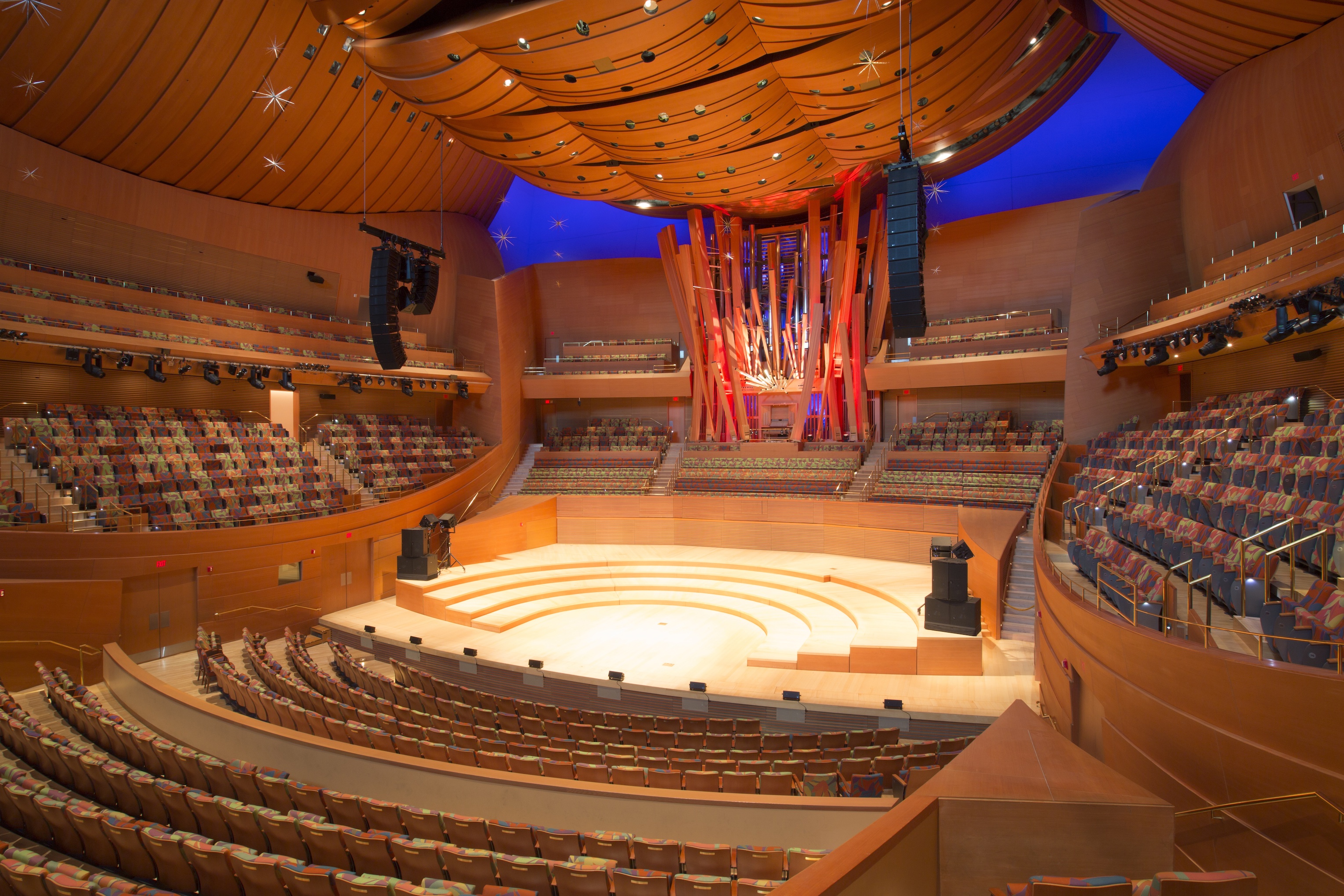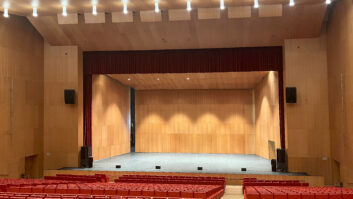
The narrative about the resurgence of live music and the ‘communal’ experience that it bequeaths to music fans has been so strong over the last decade that it has occasionally masked developments that were rather less positive. But with increasing signs over the last 18 months that the live boom is now beginning to lose at least a little of its lustre, some of these other trends are becoming more apparent.
Most obviously, the number of festivals being cancelled, ending permanently or (like Festival No 6) being put on hold confirms suspicions that the extremely high number of spring and summer events was not going to be sustainable on an indefinite basis. All of this has implications, of course, for manufacturers and audio service providers, with the latter owing part of their good fortune in recent years to new or expanded festivals.
But away from the festival-dominated music press headlines, another story has been unfolding – the loss of many smaller music venues. This trend is particularly apparent in the UK, where the Music Venue Trust recently reported that a third of smaller gig spaces have closed in the past decade. Gentrification, property development, planning and noise issues have all played their part alongside often dramatic increases in rent that have simply priced many venues out of business.
For those that do remain, those rental increases and hikes in utility bills and other basic operating costs mean that the bottom line has to be scrutinised more closely than ever before. One manager of a small London venue, who wishes to remain anonymous, remarked to Installation that “increasingly the viability of smaller venues hangs in the balance. On one hand, the number of acts touring – and touring regularly – is substantial, and in general attendance levels are healthy. But the basic operational costs are growing slowly but steadily all the time, and rents – and I know lots of my peers would say the same – seem to be rising more rapidly than at any time I can remember.
“There is a lot of concern – and rightly so – about where the next generation of artists will come from if the network of grassroots venues continues to contract. Something needs to be done to both keep a cap on these growing expenses and encourage councils and other stakeholders to see the bigger picture – that music and other arts contribute massively to the prosperity of the country, in all kinds of ways. There is a lot of talk about valuing the arts, and wanting to help them, but not nearly enough action in my view.”
It’s an opinion that would be shared by many. Of course, when it comes to venues aimed more squarely at theatre, this is nothing new. In the UK, deepening cuts to government and local authority subsidies – as well as many of the same issues affecting music venues – have been making conditions increasingly challenging for provincial theatres and arts centres for some time now. Underlining the situation, a recent report by The Theatres Trust listed 35 theatres across England, Scotland and Wales that it believes could soon disappear without assistance.







